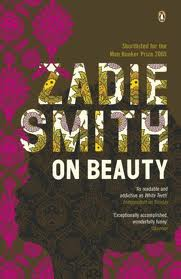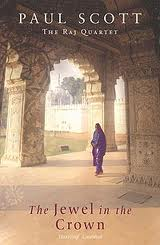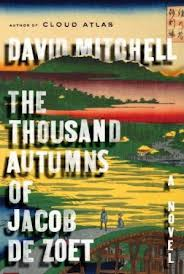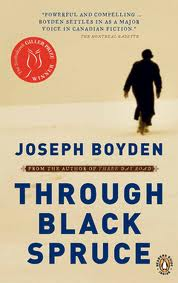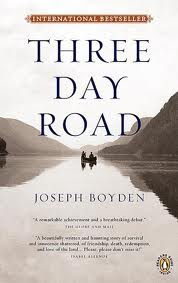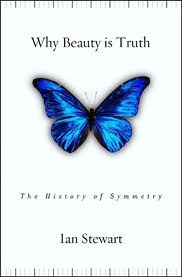Zadie Smith, On Beauty (Hamish Hamilton, 2005)
A romp through the politics of race and academic life. Brilliant riffs on affirmative action, fundamentalist Christianity and English usage, through explorations of the increasingly intertwined lives of two families where the fathers, two professors who work in the same area, detest one another. A hilarious and sad confrontation scene in a faculty meeting. Shortlisted […]
Paul Scott, The Jewel in the Crown (Heinemann, 1966)
An honest effort to grapple with the harsh complexities of India, and a sympathetic account of people struggling to cope with, and some to overcome, cultural difference. The characters of the British Raj are drawn with sensitivity and compassion, and the story is utterly gripping. A variety of narrative voices give the novel extraordinary range […]
David Mitchell, The Thousand Autumns of Jacob de Zoet (Random House, 2010)
Interweaving the history of the Dutch East India Company, Japan of the Shoguns and the mysteries of a Buddhist monastery, Mitchell tells a moving story of unrequited love. The upright and humourless clerk, Jacob de Zoet, is drawn into intrigue and corruption, and strives to find a way to escape while helping a fascinating women […]
Joseph Boyden, Through Black Spruce (Penguin Canada, 2008)
Xavier Bird’s son, Will, and grand-niece, Annie, struggle to find a way out of the violence that threatens to destroy their lives. A missing sister. Alcohol addiction. Drug dealing. Brutal assaults. But amidst it all, the promise that family and traditional learning can bring redemption. Striking portrays of life in the bush and in the […]
Joseph Boyden, Three Day Road (Penguin Canada, 2005)
A remarkable story, the first part in a planned trilogy, that draws us into generations of the Bird and Whiskeyjack families. Two young Cree snipers, Xavier Bird and Elijah Weesageechak (called Whiskeyjack by his white soldier buddies) are formed and deformed by the horrors of the First World War. One tries to find redemption in […]
Ian Stewart, Why Beauty Is Truth (Basic Books, 2007)
A distinguished mathematician explains the fundamental concept of symmetry by tracing the history of mathematical thought through the lives of key theorists from Babylonian to modern times. Some difficult equations, but Stewart makes the story lively and he does not expect much background knowledge. A surprisingly good read.
Amartya Sen, The Idea of Justice (Harvard University Press, 2009)
Building on John Rawls enormously influential explanation of justice, the Nobel prize-winning economist undertakes to remove justice from the realm of the ideal and to place it in the real life of societies trying to develop and to provide better lives for millions of people. Challenging and brilliant.
Yann Martel, Beatrice and Virgil (Alfred A. Knopf, 2010)
A taxidermist is writing a play about human attacks on animal biodiversity, using the Holocaust as an allegory. Can any author, no matter how gifted, deal creatively with the hardest and cruelest moments of twentieth-century history? One thing is certain: Martel is courageous.
